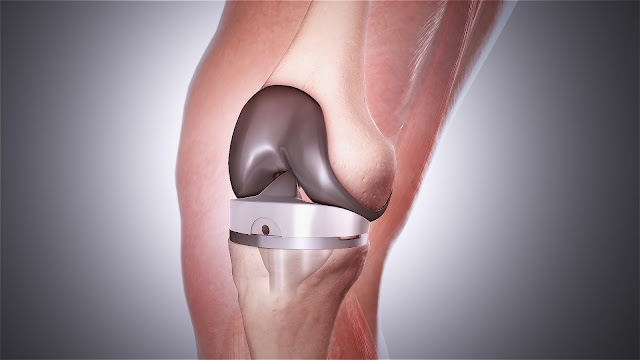Proton Pump Inhibitors: Unraveling The Mechanism, Efficacy, And Emerging Trends
 |
| Proton Pump Inhibitors |
Proton Pump Inhibitors work
by inhibiting the H+/K+-ATPase enzyme, also known as the proton pump, located
in the parietal cells of the gastric lining. This enzyme is responsible for
secreting hydrochloric acid into the stomach, a process essential for
digestion. PPIs irreversibly bind to the proton pump, leading to a reduction in
acid secretion, thereby effectively raising the pH of the stomach and providing
relief from acid-related symptoms. Unlike H2-receptor antagonists, which
competitively inhibit histamine receptors, PPIs offer superior and long-lasting
acid suppression.
The
Global Proton Pump Inhibitors Market Is Estimated To
Be Valued At US$
2.9 Billion In 2020 And Is
Expected To Exhibit A CAGR
Of 4.30% During
The Forecast Period (2020-2027).
GERD is a chronic condition characterized by the backflow of
stomach acid into the esophagus, causing heartburn, regurgitation, and
potential complications like erosive esophagitis. PPIs have shown remarkable
efficacy in managing GERD, providing rapid symptom relief and promoting healing
of esophageal erosions. Long-term use of PPIs can effectively prevent recurrent
symptoms and reduce the risk of complications associated with GERD.
Proton Pump Inhibitors have revolutionized the management of peptic ulcers, which are primarily caused by the erosion of the stomach or duodenal lining due to excessive acid production. These drugs effectively promote ulcer healing by reducing acid secretion, allowing the damaged mucosa to repair itself. Additionally, PPIs can be used as part of triple therapy to eradicate Helicobacter pylori, a bacterium associated with the development of peptic ulcers.
Zollinger-Ellison syndrome is a rare disorder characterized
by excessive gastrin production, leading to the formation of multiple,
refractory peptic ulcers. PPIs play a central role in managing this condition
by profoundly inhibiting acid secretion and alleviating ulcer-related symptoms.
While PPIs are generally considered safe and well-tolerated
for short-term use, there have been emerging concerns about their potential
long-term side effects. Studies have associated prolonged PPI usage with an
increased risk of fractures due to reduced calcium absorption. Moreover,
chronic PPI use has been linked to an elevated risk of developing certain
infections, such as Clostridium difficile-associated diarrhea and pneumonia.
Ongoing research aims to elucidate the full extent of these risks and devise strategies
for mitigating them.
The concept of personalized medicine is gaining traction in
the field of PPI therapy. Genetic factors can influence individual responses to
PPI treatment, and advancements in pharmacogenomics are paving the way for
tailoring PPI dosages based on a patient's genetic makeup. This approach aims
to optimize treatment outcomes while minimizing potential adverse effects. Given
the concerns about long-term PPI use, researchers are exploring alternative
treatment options. One promising avenue is the development of potassium-competitive
acid blockers (P-CABs), a new class of drugs that also target the proton pump
but exhibit a different mechanism of action. P-CABs offer rapid and reversible
acid suppression, presenting a potential alternative for patients with specific
needs or intolerances to PPIs.


Comments
Post a Comment